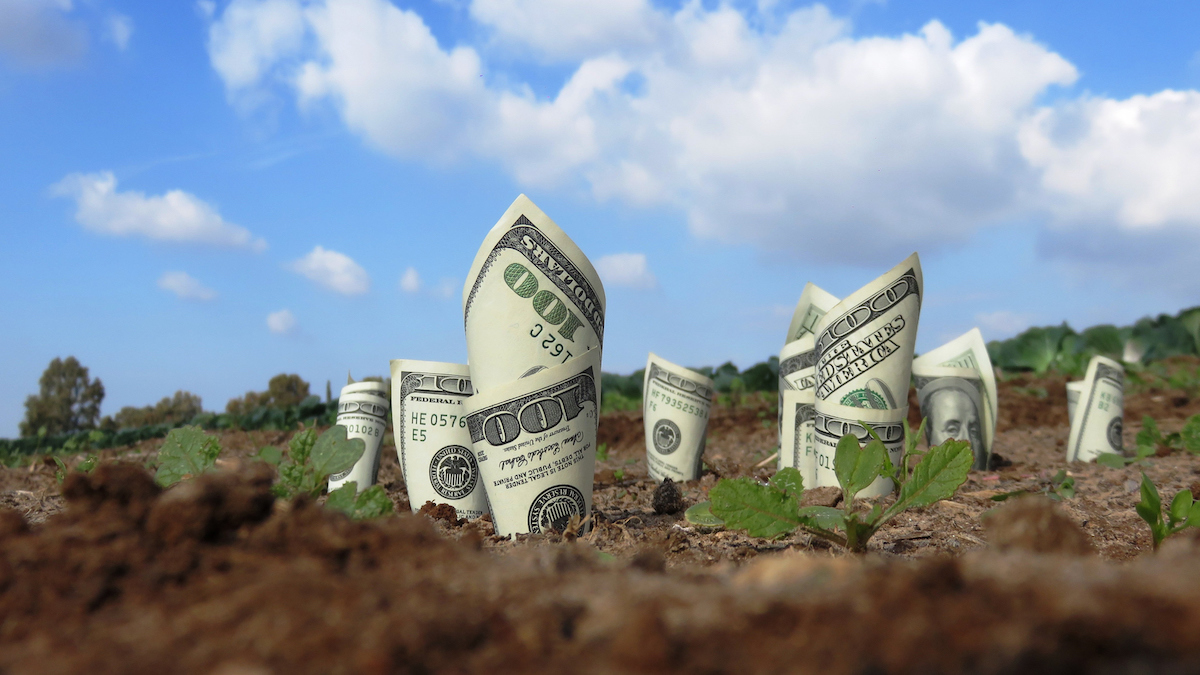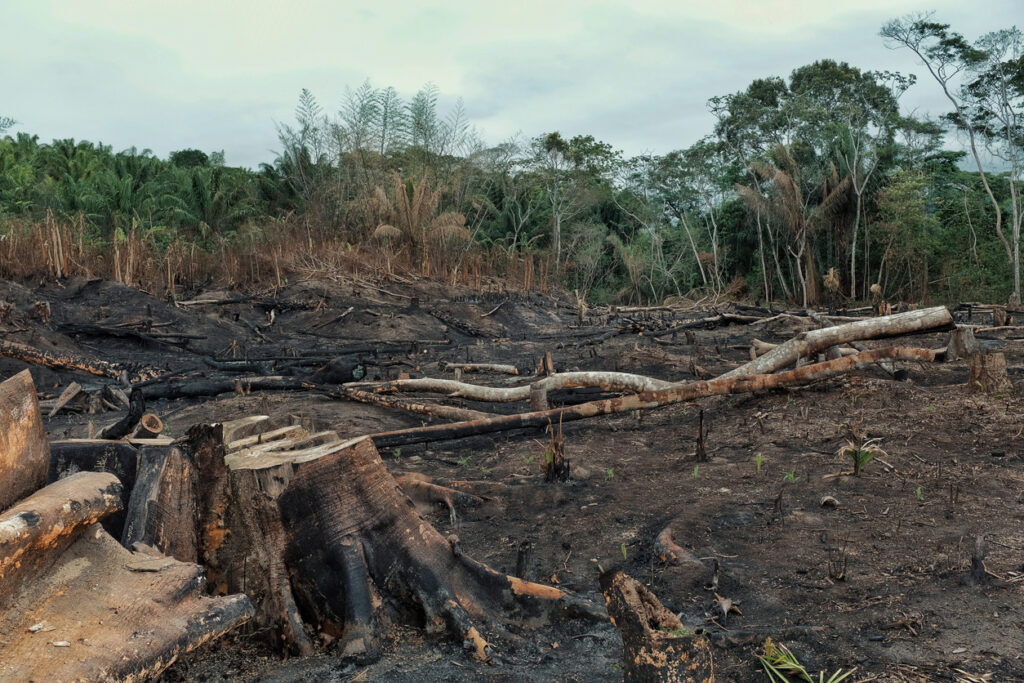Putting a dollar value on nature will give governments and businesses more reasons to protect it

President Joe Biden calls climate change “the existential crisis of our time” and has taken steps to curb it that match those words. They include returning the U.S. to the Paris Agreement; creating a new climate Cabinet position; introducing a plan to slash fossil fuel subsidies; and announcing ambitious goals to cut U.S. greenhouse gas emissions.
But climate change is not the only global environmental threat that demands attention. Scientists widely agree that loss of wildlife and the natural environment is an equally urgent crisis. Some argue that biodiversity loss threatens to become Earth’s sixth mass extinction. But unlike efforts to fight climate change – which centre on clear, measurable goals to reduce greenhouse gas emissions – there is no globally accepted metric for saving biodiversity.
As an expert on budgeting and public finance, I know that governments and private businesses alike pay much more attention to resources when they have a well-defined price tag. I believe that overhauling society’s concept of wealth to include “natural capital” – the value nature provides to humans – is a critical step for slowing and reversing the loss of precious ecosystems.
What is natural capital?
Natural capital can be defined as the world’s stocks of natural assets – soil, air, water, grasslands, forests, wetlands, rocks and minerals – and all of its living things, from mammals and fish to plants and microbes. Conservation experts estimate that these resources contribute more than US$125 trillion to the global economy every year.
Humans depend on nature’s contributions for survival. For example, forests absorb carbon and filter the water we drink. Wetlands and coral reefs mitigate flooding. Bees and other insects pollinate crops, enabling us to grow food.
But human societies don’t formally recognize the economic value of these services. This oversight encourages people to recklessly deplete the natural environment.
A recent review of the economics of biodiversity, commissioned by the U.K. government and led by Cambridge University economist Sir Parth Dasgupta, warns that human prosperity is growing at a “devastating cost to nature” and estimates that it would take 1.6 Earths to maintain the world’s current living standards. The report calls for the world to treat nature as an asset to be reported in financial statements and national accounts.
The Capitals Coalition, a global consortium of 380 initiatives and businesses, is trying to “change the math.” The organization seeks to persuade at least half of the world’s businesses, financial institutions and governments to incorporate natural capital into their decision-making by 2030.
Valuing ecosystems
Current accounting methods used by corporations and governments largely ignore what ecosystems and their services contribute to the economy and to human social well-being, jobs and livelihoods. As a consequence, modern societies spend far more on investments that deplete or exploit natural assets than they do to preserve them.
Under the current model, short-term economic gains typically win out against longer-term ecological benefits. For example, failing to maintain forests can spark wildfires. And constructing homes on fragile coastal wetlands can erode soil and reduce fish stocks, destroying local communities.
A recent study by the Paulson Institute, a research institute founded by former U.S. Treasury Secretary Henry Paulson, estimated that global investments that degrade nature exceed conservation efforts by $600 billion to $824 billion per year.
Natural capital accounting would require businesses and governments to calculate how human activity affects nature, much as they assess the depreciation of buildings or machinery. Analyzed in this way, nature is a financial asset, and damage to it becomes a liability. This approach creates incentives to conserve natural resources and restore others that have been degraded or depleted.
 original article.
original article.Winston House, 3rd Floor, Units 306-309, 2-4 Dollis Park, London, N3 1HF
23-29 Hendon Lane, London, N3 1RT
020 8349 4363
© 2025, Lyonsdown Limited. Business Reporter® is a registered trademark of Lyonsdown Ltd. VAT registration number: 830519543